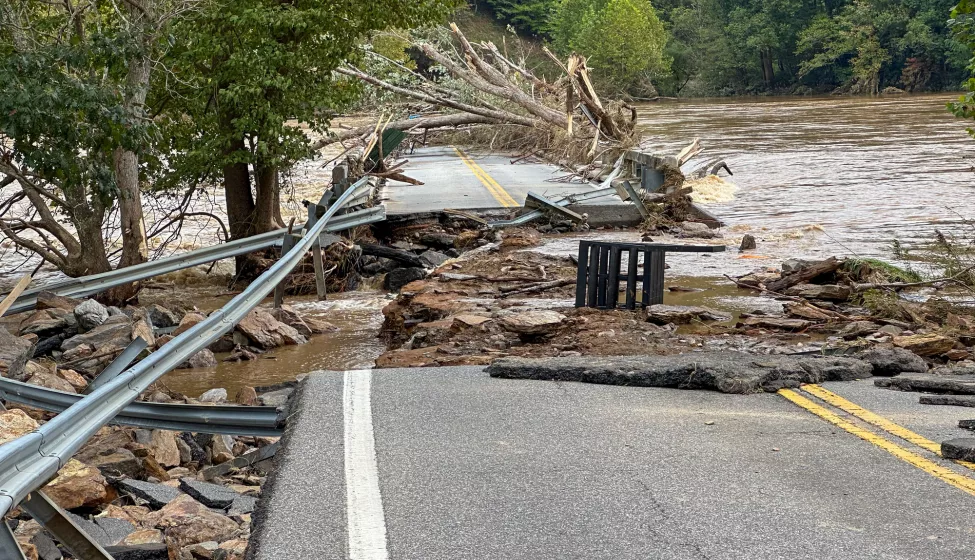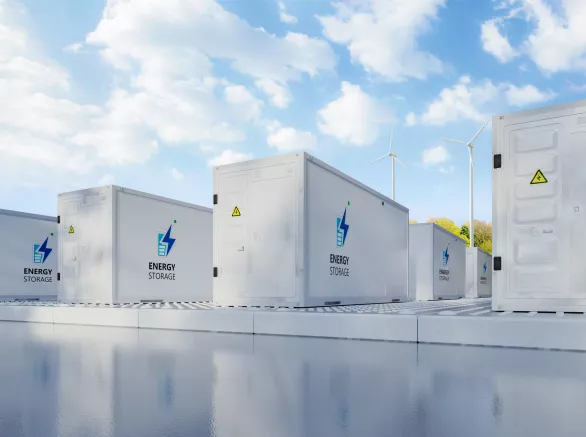December 5, 2024
Exponent emergency response expert and FEMA Urban Search and Rescue specialist assists with disaster relief efforts post Hurricane Helene
Hurricane Helene hit the Big Bend area of the Florida Gulf Coast as a Category 4 storm late in the evening of Sept. 26, 2024. Over the next few days, the storm drenched much of the Southeast, causing floods, massive infrastructure damage, and loss of life. Insurance companies estimate the structural damage to be more than $50 billion alone, with lives disrupted throughout the region.
Shortly before Hurricane Helene made landfall, Exponent Principal Engineer Jonathan Glassman, Ph.D., P.E., CRE, CSQE, joined dozens of disaster response specialists in Florida as part of FEMA's Urban Search & Rescue (US&R) response to the hurricane. Dr. Glassman worked with a team of experts to support and conduct urban search and rescue operations across the multi-state region devastated by Helene's catastrophic winds and rainfall.
"In the past we could be a half day behind on intelligence, now we know what's happening on the ground as it unfolds, which means we can make decisions quickly to help people and save lives." — Jonathan Glassman, Ph.D., P.E., CRE, CSQE, Principal Engineer, Data Sciences
"Using real-time maps and spatial intelligence, we were able to efficiently respond to the people in need in the areas that got the worst of the storm," Dr. Glassman said. "The devastation and destruction we saw from this storm highlights how we aren't prepared in many ways for these types of climate-related disasters. However, the great work done by FEMA in partnership with state, local, tribal, territorial, and federal resources also shows that we have sophisticated tools and processes to respond that enable us to effectively collaborate and help people in need."
FEMA US&R used GIS software to collect, analyze, and report spatial intelligence during disaster response. The logistical tool enabled FEMA US&R to more effectively manage this large-scale response. With real-time data, they were able to make better decisions about when and where to send relief. "In the past we could be a half day behind on intelligence," he said. "Now we know what's happening on the ground as it unfolds, which means we can make decisions quickly to help people and save lives."
As a member of FEMA US&R, Dr. Glassman responds to catastrophic incidents that overwhelm state, local, tribal, and territorial resources. His technical specialties include structural collapse, data analytics, communications, and mission planning and strategy, in accordance with the National Incident Management System (NIMS) Incident Command System (ICS). He was previously deployed to assist with response efforts to Hurricanes Francine and Beryl in 2024 and participated in urban search and rescue efforts after the 2023 Maui wildfires and the 2018 Camp Fire.
For more information visit FEMA's site for Urban Search & Rescue.


